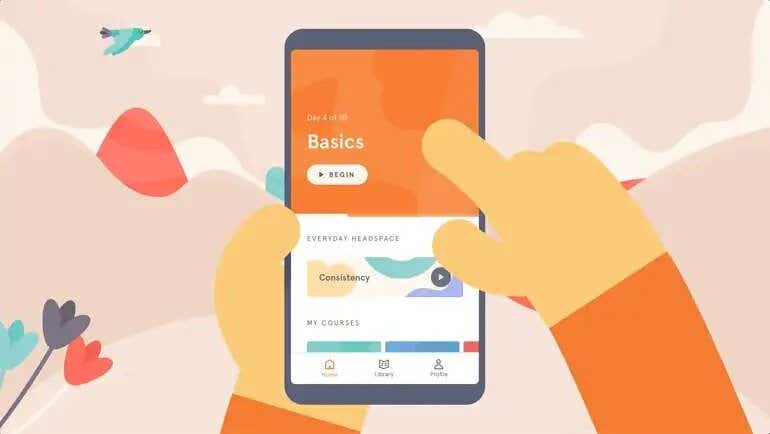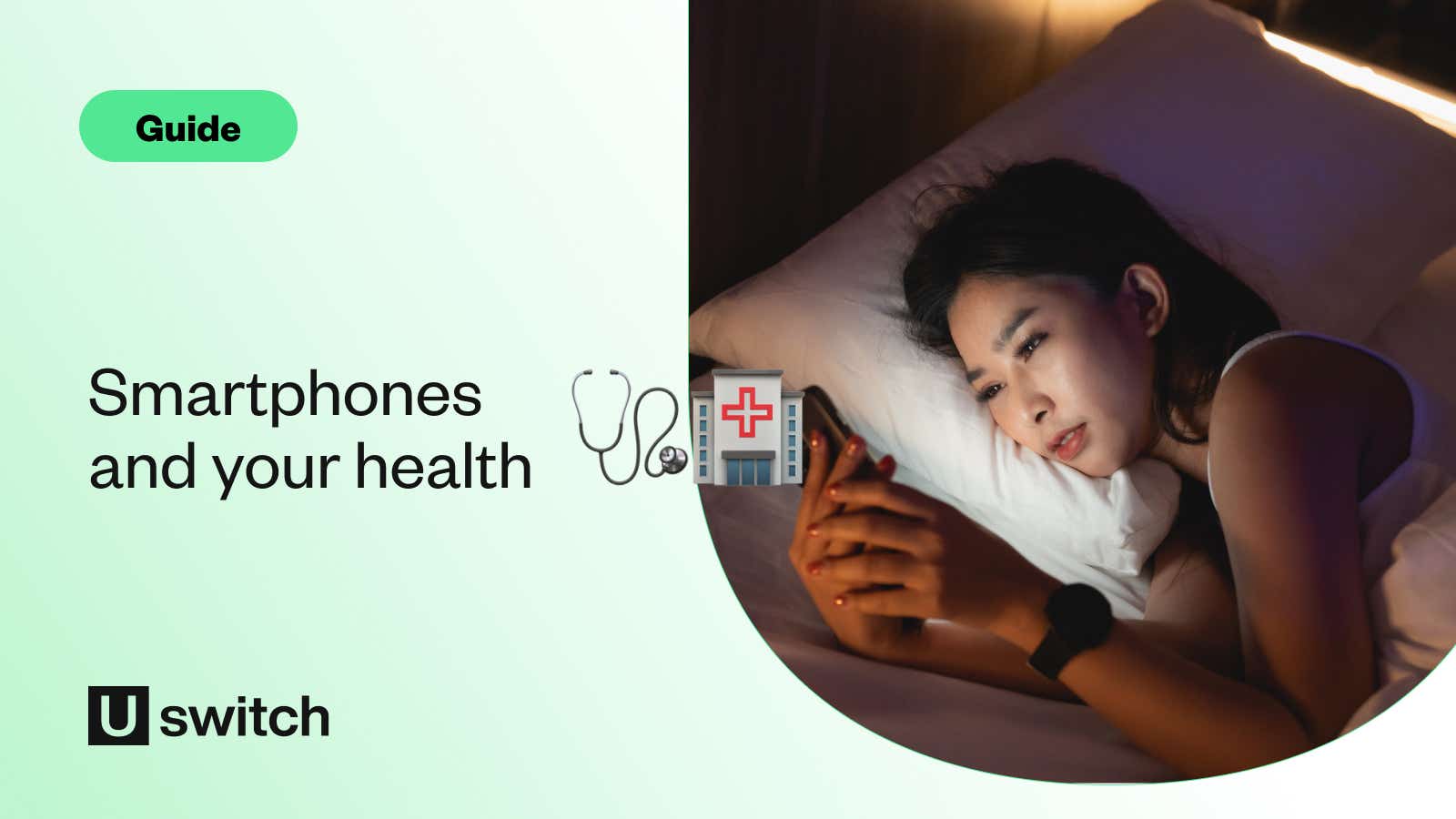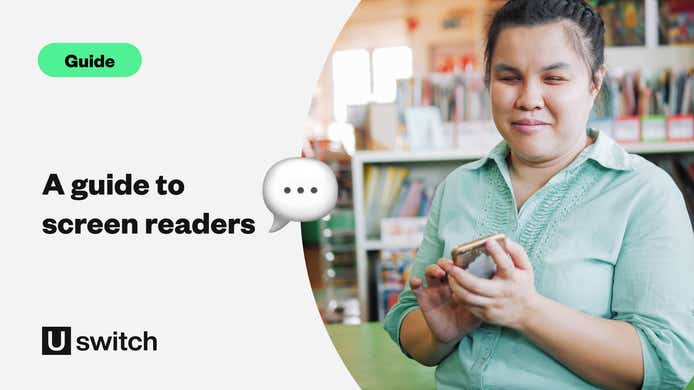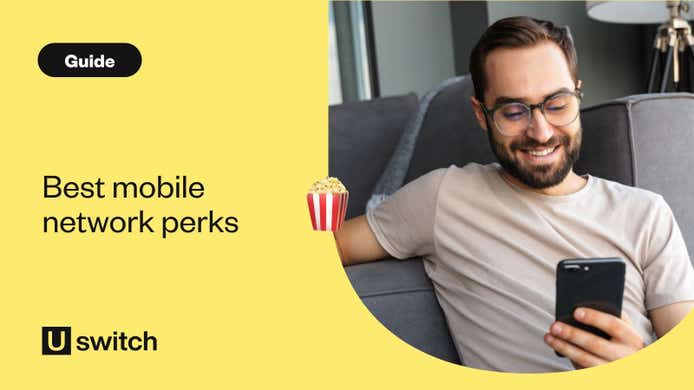Smartphones have a lot of benefits, but they do have a downside: they’re so useful they’re downright addictive, making them a victim of their own success.
Overuse, or using them in the wrong way or at the wrong times, can cause a range of adverse health effects, from inactivity and poor sleep to increased susceptibility to certain diseases. And that’s before we mention the mental health implications of smartphone addiction. Conditions like anxiety and depression have skyrocketed in recent years, especially among the young, and smartphones and the internet are partly to blame.
So how do you balance your usage, and maintain good mental and physical health without missing out on all the benefits smartphones provide? We’ll show you a few ways, as well as highlight some possible pitfalls you might not have thought of. So settle in for some health advice. And if you’re reading this on a phone, maybe take a screen break now and then.
Go easy on your eyes
Experts are agreed that too much screen time is bad for your health. Screens emit blue light which stimulates the brain and interferes with the body’s circadian rhythms (the ‘body clock’, which tells you when it’s time to sleep and time to get up).
Not only that, but it also suppresses the body’s release of the sleep-inducing hormone melatonin. Your smartphone effectively tricks your body into being alert and awake, which delays your falling asleep.
They also delay the onset of REM (i.e. deep) sleep, meaning you get not only less sleep, but a lower quality of sleep too. In the short term, this will mean you feel less alert the next morning. But over the long term, it can mean a real sleep deficiency, lowering your immune system and raising the chances of you contracting all sorts of serious illnesses, from Type 2 diabetes to cancer.
Experts advise against using phones late at night, and if you wake up in the night, to resist the urge to reach for your device. You can also use modes which limit the amount of blue light emitted by your screen. These are known as night modes, or dark modes. Reducing your screen brightness can also help.
Reduce your screen time
Screen addiction is real, and smartphone makers know it. In recent years, both Apple and Google have rolled out features that show how long a day you spend staring at a screen, so you can take stock and maybe do something about it.
Apple’s comes in the form of a weekly screen time report. Every Monday, iPhone users get an alert telling them how long they averaged on their phones every day for the past week, and the percentage increase or decrease on the previous week. Click through, and you can see your use over time, and which apps you use the most, so you can maybe think about curbing that Instagram addiction.
Take a digital detox
Why not go the whole hog and take a complete digital detox? Spending more time outside has proven benefits for our mental and physical well-being, but it’s all too easy to forget to step away from the screen. With the ongoing coronavirus pandemic meaning we’re spending more time indoors, getting out in the fresh air is more important than ever.
So how do you take a break from your phone? According to Blake Snow, author of Log Off: How to Stay Connected after Disconnecting, you should eliminate anything that doesn’t contribute to your four 'burners' (friends, family, health and work). That means no in-app notifications on non-essential apps like Twitter or BBC News. If it’s important, you’ll hear about it.
He also advises against glamourising busyness. Being busy makes us feel important, and the internet makes it possible to be perpetually busy. But, Snow says, we'd be much better off taking time out to think about what would really make us happy. Chances are, it’s not being a slave to your phone.
When you go to pull your phone out of your pocket or bag, you should stop and ask yourself why you're doing it. If it’s through boredom or feeling alone, maybe stop and ponder why you're feeling like that.
That way, you can get to the source of the problem and work on tackling the underlying reasons rather than using your phone as a security blanket. You’ll also start appreciating the people and surroundings in your life a lot more.
Still not sure about a digital detox? Maybe this will change your mind. According to one study, going without our phones for a few days gives us better posture, leads us to form deeper friendships, hold longer conversations, sleep better and remember more. Something to think about the next time you reach for your smartphone.
Improve your mental and physical wellbeing
Technology is often the culprit of many of our physical and mental woes, but sometimes, it can also be the cure. There are all sorts of apps and websites that can help improve our physical and mental well-being.

Headspace is one of the best-known. It’s a meditation app that promises to help you do all sorts of things, from being more productive to helping you focus to sleeping better and relieving stress. It was started by a sports scientist-turned-Buddhist monk, and it offers guided meditations, articles, videos, animations, playlists, and more—just the thing to declutter your mind.
Couch to 5K is great for beginner runners. It offers a free eight-week programme that promises to get you up off the sofa and complete a 5K run. Download it, and you’ll be on your way to your local Park Run before you know it.
Yogis should check out Glo. It offers more than 4,000 yoga classes, ranging from beginners to advanced, and also includes meditation for a mental workout. You can filter classes based on time of day, style, level, and duration, or it can create a programme for you based on your goals. Next stop: downward dog.
The NHS also recommends a few mental well-being apps for things like overcoming anxiety, managing your emotions and how to look at problems differently. Who knows, one might just change your life for the better.
Textitis
Typing too much on a small screen can cause maladies like arthritis, tendonitis or repetitive strain injury. Some of these conditions are usually associated with older people, but they can be brought on by the simple overuse of certain digits or joints.
Doctors even have a name for it: ‘textitis’, or ‘texter’s thumb’. The average person touches their phone over 2,500 times a day, so is it really any wonder our joints are struggling to cope? Usually, the joints we use most (like our hips and knees) are the ones to suffer from arthritis, but our increased use of smartphones, tablets and laptops means we’re seeing it more in our hands and fingers, too.
Women are more likely to get osteoarthritis than men. Some people are more genetically predisposed to it, and so are particularly at risk.
So what can you do about it? Cutting down on your smartphone usage should be the first step, or at least taking regular breaks from it. But if you can’t – say you rely on it for work – then reassess how you hold the device and make sure undue stress isn’t placed on any part of your hand.
You could try simple stretching exercises to limber up your joints – say clenching a fist and stretching out your fingers a few times. The NHS also recommends losing any excess weight to avoid extra strain being put on your joints. And modern smartphones have voice assistants built in that will transcribe your texts for you – all you have to do is dictate.
Compare mobile contracts and SIM only deals
Browse our best contract deals for the latest handsets or save money with a cheap SIM only offer.



